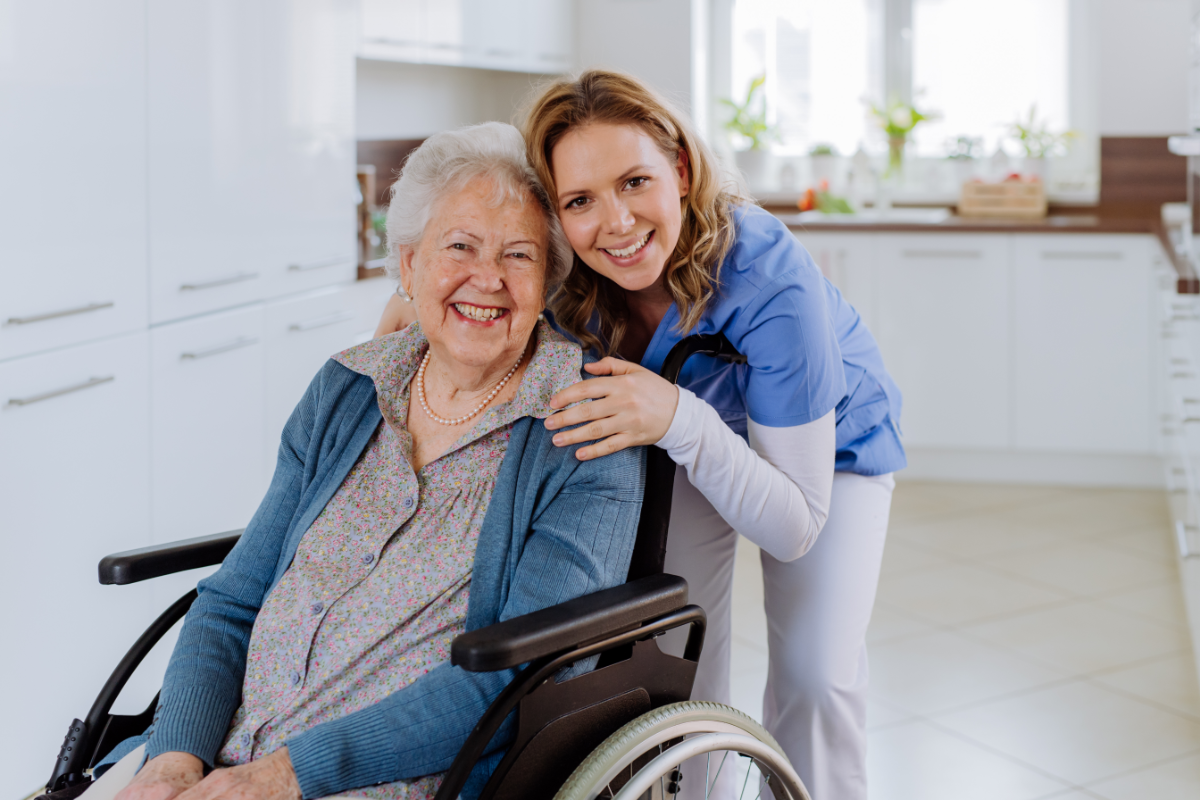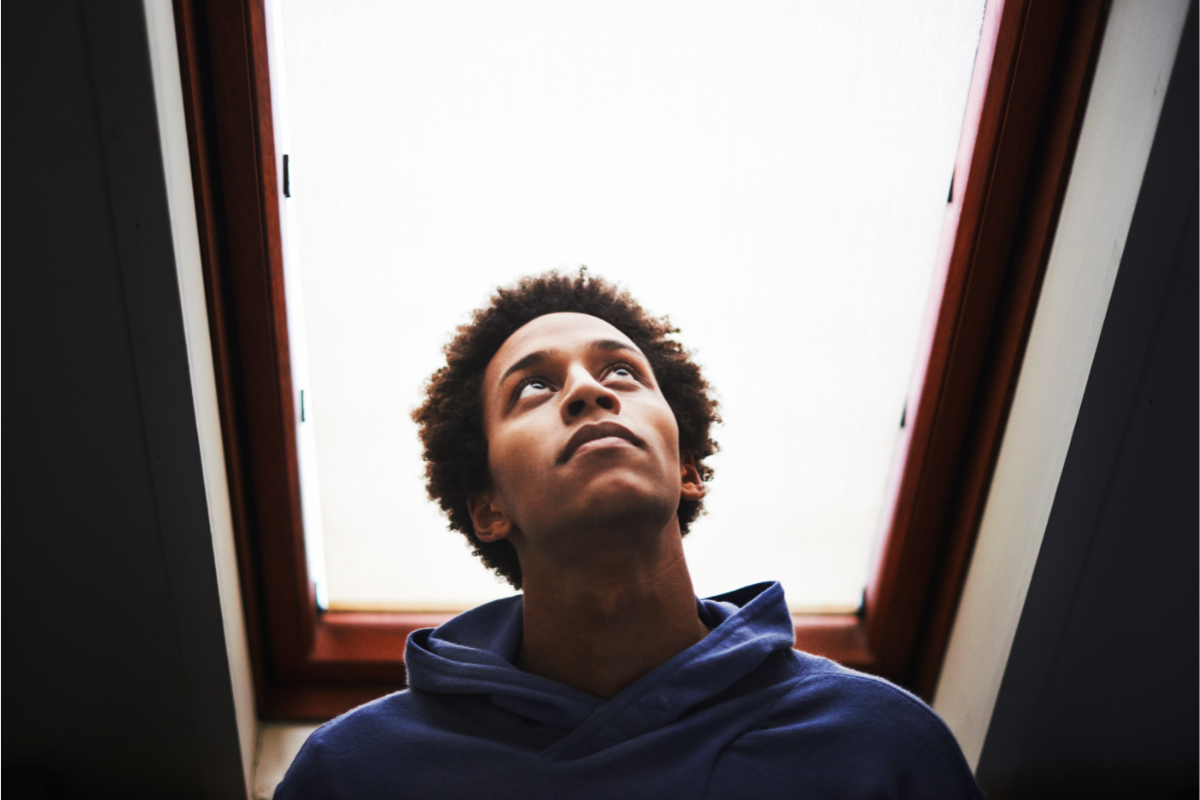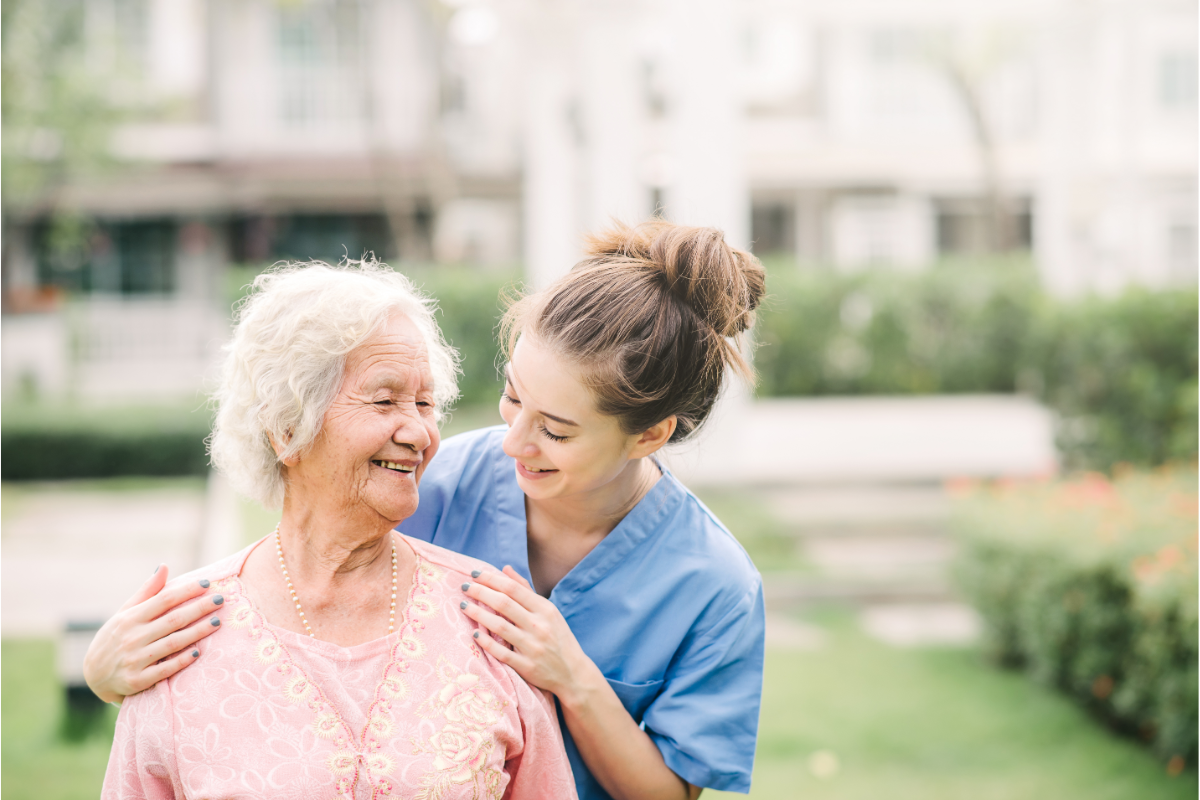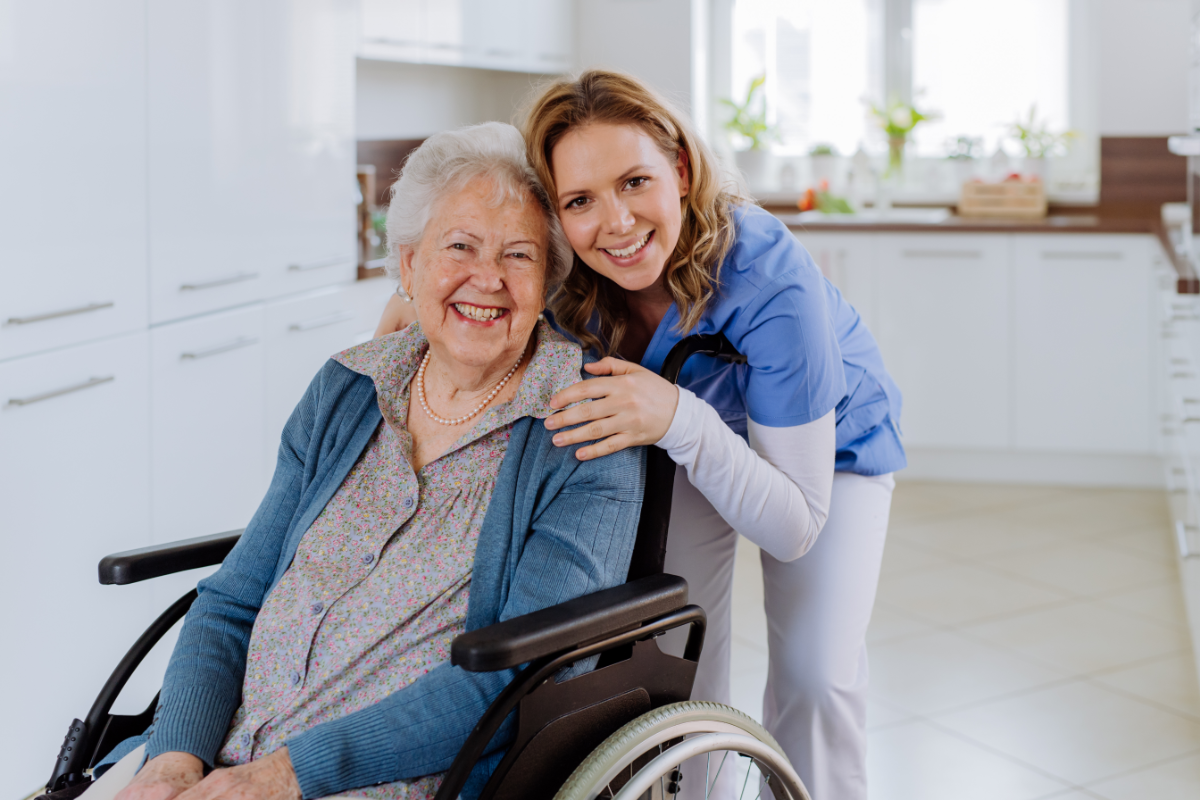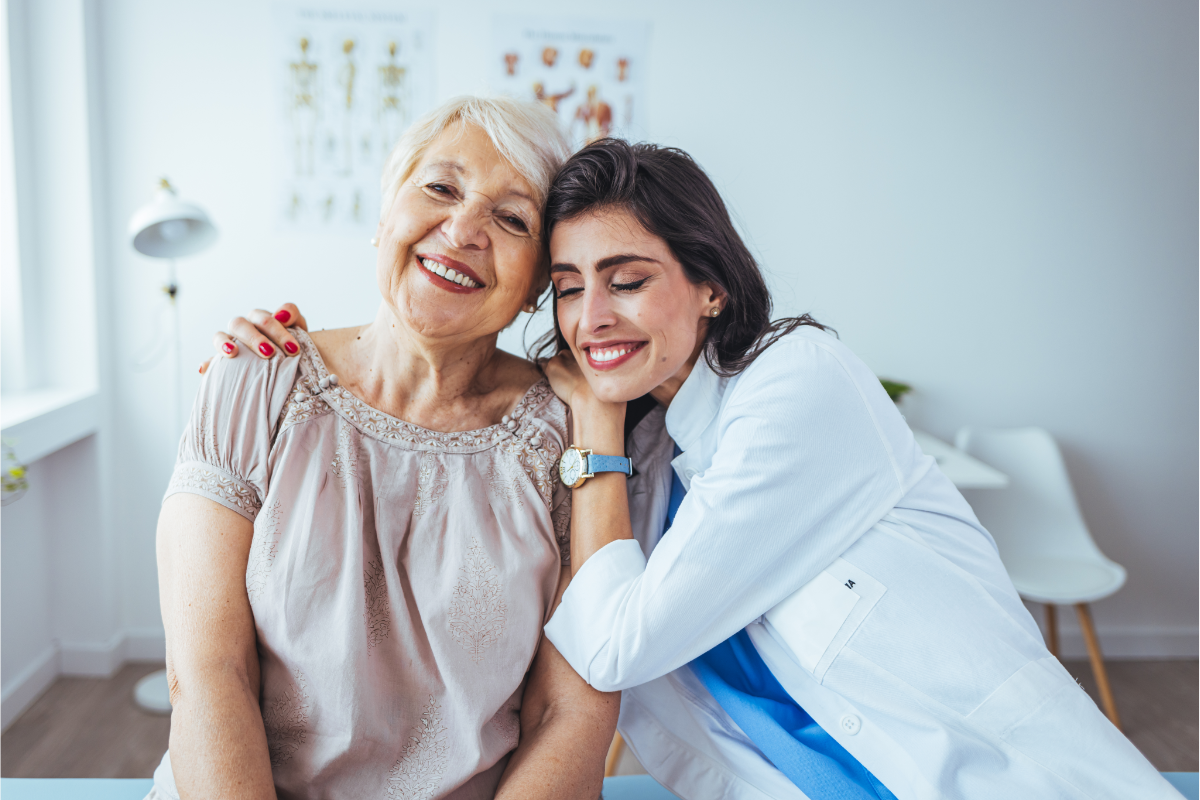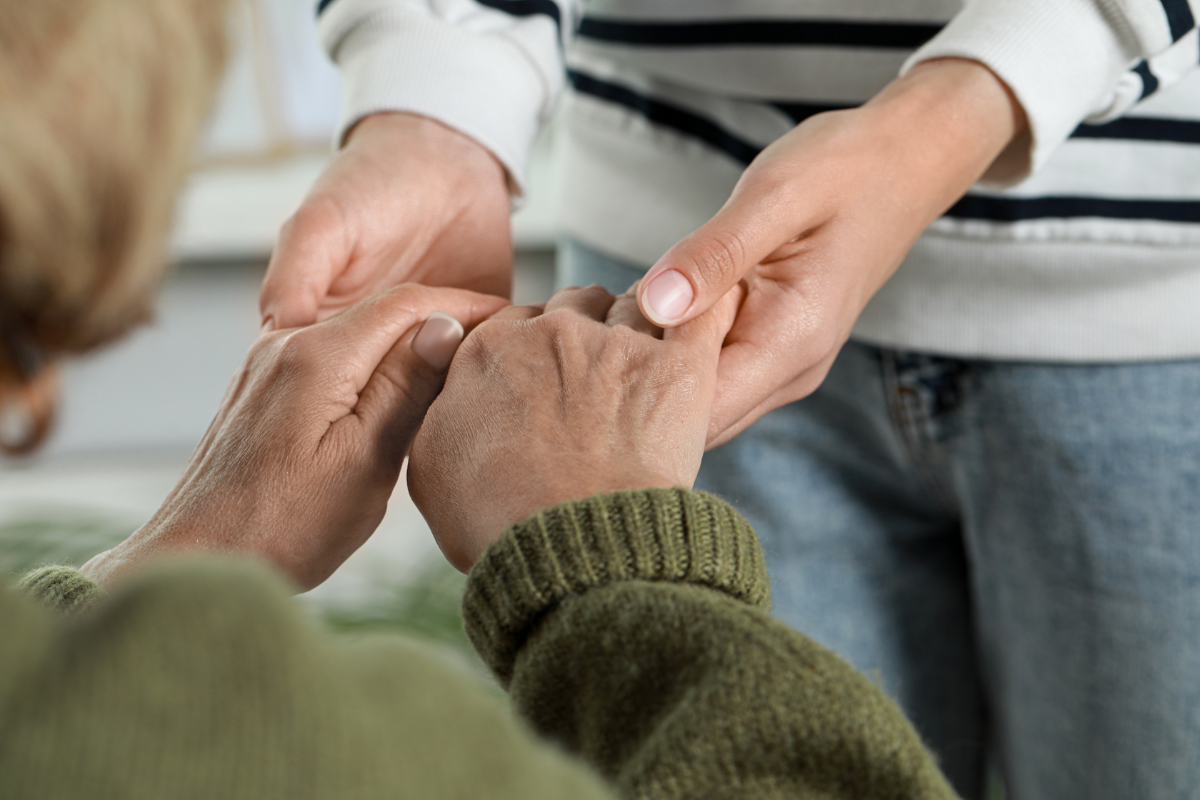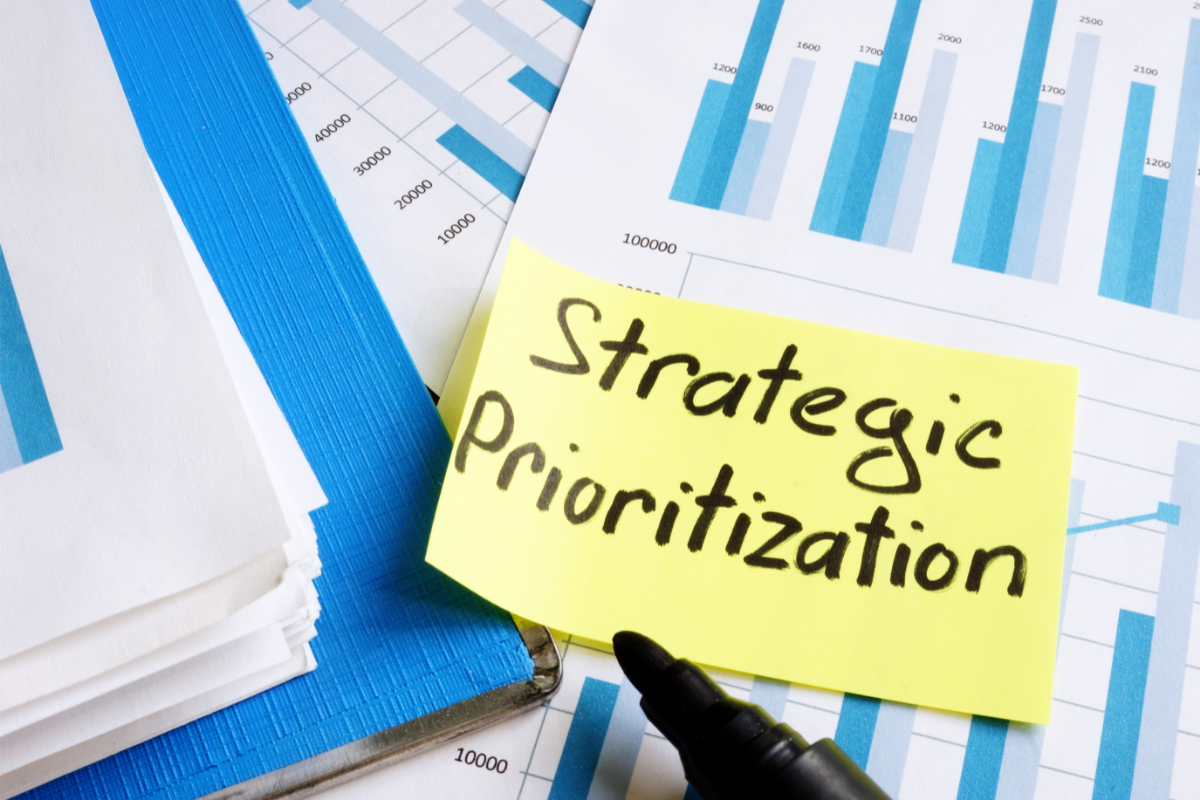
How to Plan Personalized Care for Seniors
Creating a personalized care plan for seniors isn’t just about providing assistance—it’s about honoring individual needs, preferences, and lifestyles. With the right approach, senior care becomes a way to enhance quality of life, maintain dignity, and empower independence. This article provides a comprehensive guide to crafting a care plan that reflects the unique needs of each senior.
Assessing Individual Needs and Preferences
Physical Health Needs
A thorough assessment of physical health needs is the foundation of effective senior care. Take note of any chronic conditions, mobility issues, or sensory impairments. Consult with healthcare providers to identify the type and frequency of care required.
Emotional and Mental Health Needs
Mental health is as important as physical...


